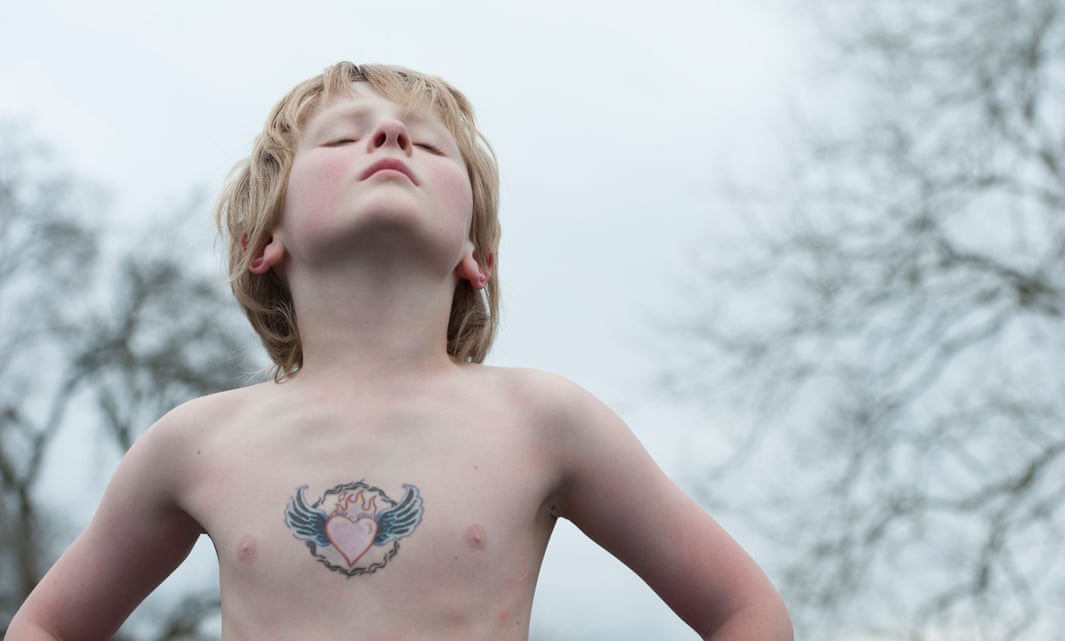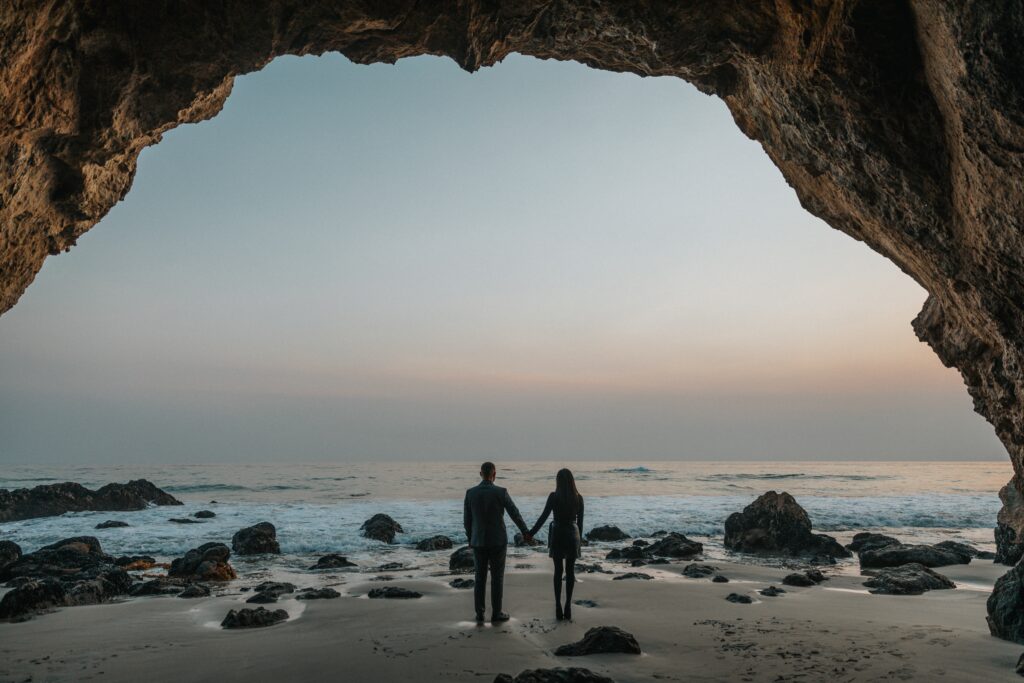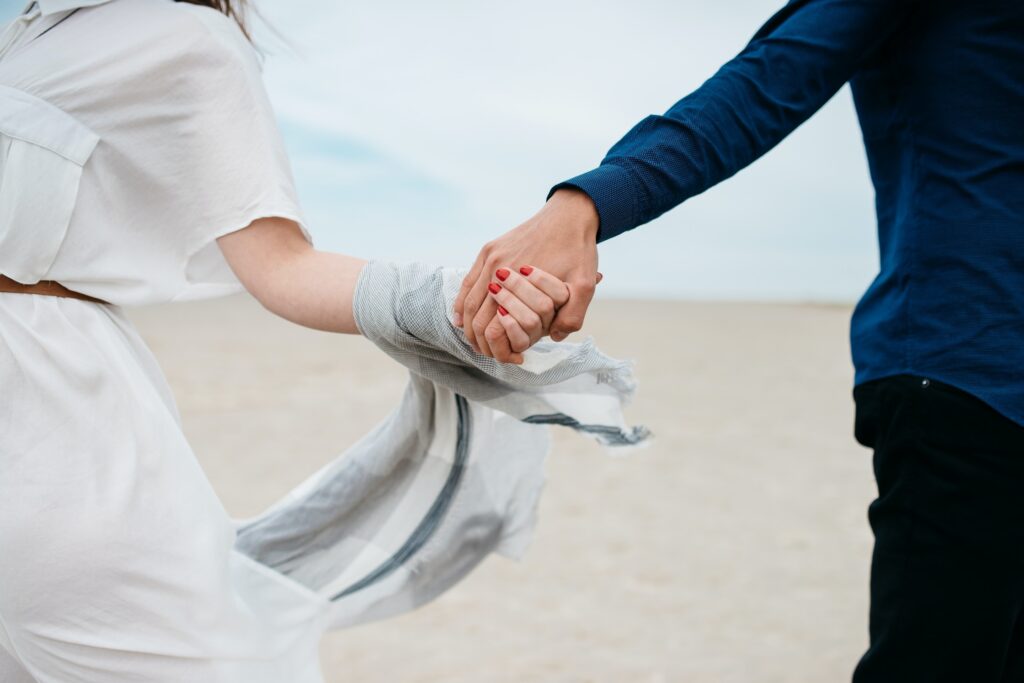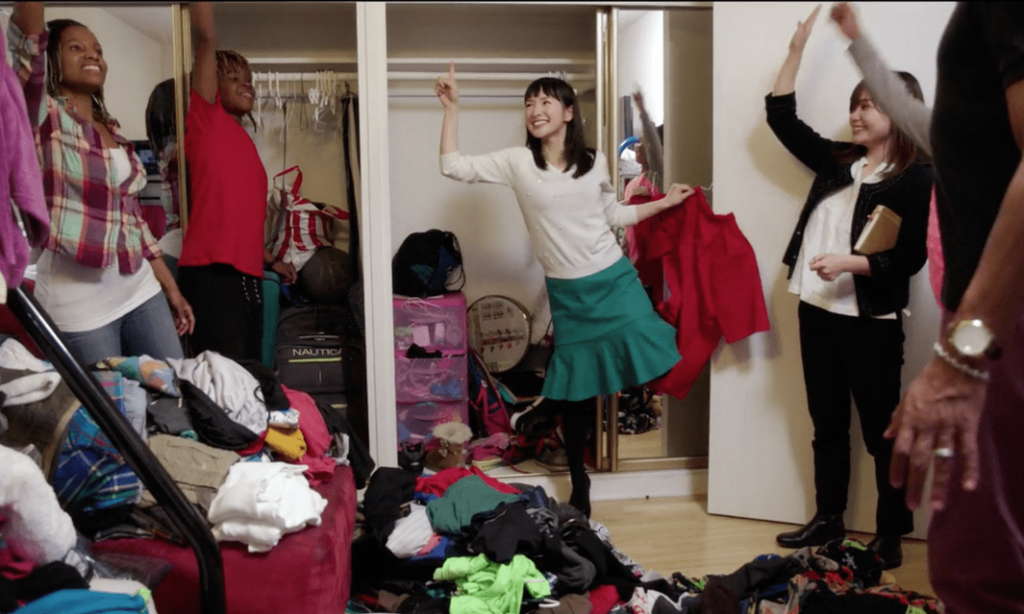After days of controversy the film-maker Maya Newell has finally had a good morning. Even though her film Gayby Baby was not shown at Burwood girls high school as planned, the director spoke with the students, all dressed in purple, and celebrated Wear it Purple Day with 1,800 purple cupcakes.
“They’ve experienced a real coming together of their community which I think is what always happens when you realise that you’re in a little bubble of acceptance and tolerance,” she says.
She describes it as an “uplifting and invigorating” day, adding: “The prefect said it was the most exciting 24 hours of her life.”
The school’s principal, Mia Kumar, invited Newell, one of the school’s graduates, to screen the film after its warm reception at various film festivals. It is unusual for a film to be shown at a school before wider release but Newell and the film’s producer, Charlotte Mars, thought it was a good idea: “This is a film that was made for kids and it’s about kids and we felt that it was really important to push ideas of family diversity in school.”
But before the screening could take place, Newell and the documentary’s young subjects found themselves at the centre of a media storm when Sydney’s Daily Telegraph reported a “backlash from parents” about it. The story was accompanied by a comment piece headlined: “Gay push should be kept out of schools.”
Newell’s first concern was for the four children in the documentary, who woke up to find themselves splashed across the front pages. “Sometimes leaders or journalists forget these are real kids growing up in same-sex families all over the country, and in the documentary, they are real kids that had to go to school on Wednesday,” she says.
Fortunately everyone is fine. Ebony-Rose, the 12-year-old told by the Daily Telegraph columnist Piers Akerman that her family was not normal, dismissed the controversy with typical resilience. Newell says the girl told a Q&A session: “He spent a whole article telling me that my family is not normal and I’ve known that for a long time and I’m quite proud of it.” She reportedly added: “The film is not pushing a gay agenda – the only agenda my mums have is trying to get my baby brother to sleep at night.”
Newell began working on the film five years ago, when the marriage equality debate began to gather momentum. As the adult daughter of two lesbian mothers, she felt there was a voice missing – that of the children concerned. “For a long time I’ve had to prove my right to exist, and so inviting audiences into the cinema for an hour and a half to hang out with our families seemed like a good idea.”
There’s a very limited idea about family reflected in the media, she says. She was 25 before she saw her family structure reflected for the first time in the US drama The Kids Are All Right, and while she remembers it as a “shocking” experience, she connected with the film.
“I recognised the nuances of what goes on when two women parent. There is a whole range of things that you miss out on when you watch heterosexual families on screen. When you see your family represented in the media around you, there is a certain level of validation.”
She adds: “I hope that Gayby Baby is a gift to the next generation of kids growing up in same-sex families.”
Of the numerous families they initially interviewed, the film-makers chose four who experienced some of the issues children from same-sex families go through. Matt questions his long-held belief in a God who didn’t seem to accept his mother’s relationship, Gus explores his masculinity while trying to convince his reluctant mothers to take him to see a WWF wrestling match, Ebony-Rose auditions for a spot in a performing arts school that will take her out of her western Sydney community, where she has experienced discrimination, and Graham struggles with his reading abilities in a new school in Fiji and wonders exactly how much to reveal about his adoptive fathers.
Although children of all ages were considered, the four chosen were 12 when the film was made. It’s a significant age, says Newell, when children are on the cusp of adulthood but retain the innocence of childhood. “Children have a great sense of morality but at the same time they are learning what it is to live and beginning to have their own opinions on things in a really adult layered way.”
She’s reluctant to describe Gayby Baby as an activist film, or herself as an activist film-maker, and wants it to be seen as entertaining. “I suppose it is activism but only inasmuch as showing these kids exist is a political act.”
But she worries the week’s events – and the possibility of a plebiscite on marriage equality – will have repercussions for children of same-sex families. Through the Rainbow Babies and Kids network, she was told of an 11-year-old boy who hadn’t expressed concerns about his parents until now.
“Yesterday morning he came home from school, upset and crying because someone at school had told him that he was not normal,” she says. “The Telegraph should be responsible for this in some way. We are talking about formative years of children, and it’s really dangerous.”
Newell plans to continue making documentaries and is working on numerous ideas. Although it’s been a busy time, she wouldn’t want it any other way. “I hope that I continue to make films that are important and contemporary stories. To generate discussion, to make people think twice about something they thought they understood. I think that’s a really privileged position.”
And she hopes last week’s events will have a positive impact on the marriage equality discussion. “Hopefully some of our leaders are pushed towards watching the film and hearing the perspectives – that would be pretty wonderful.”
Published on Guardian Australia on 30 August 2015 as Gayby Baby’s director: These are real kids that had to go to school on Wednesday



